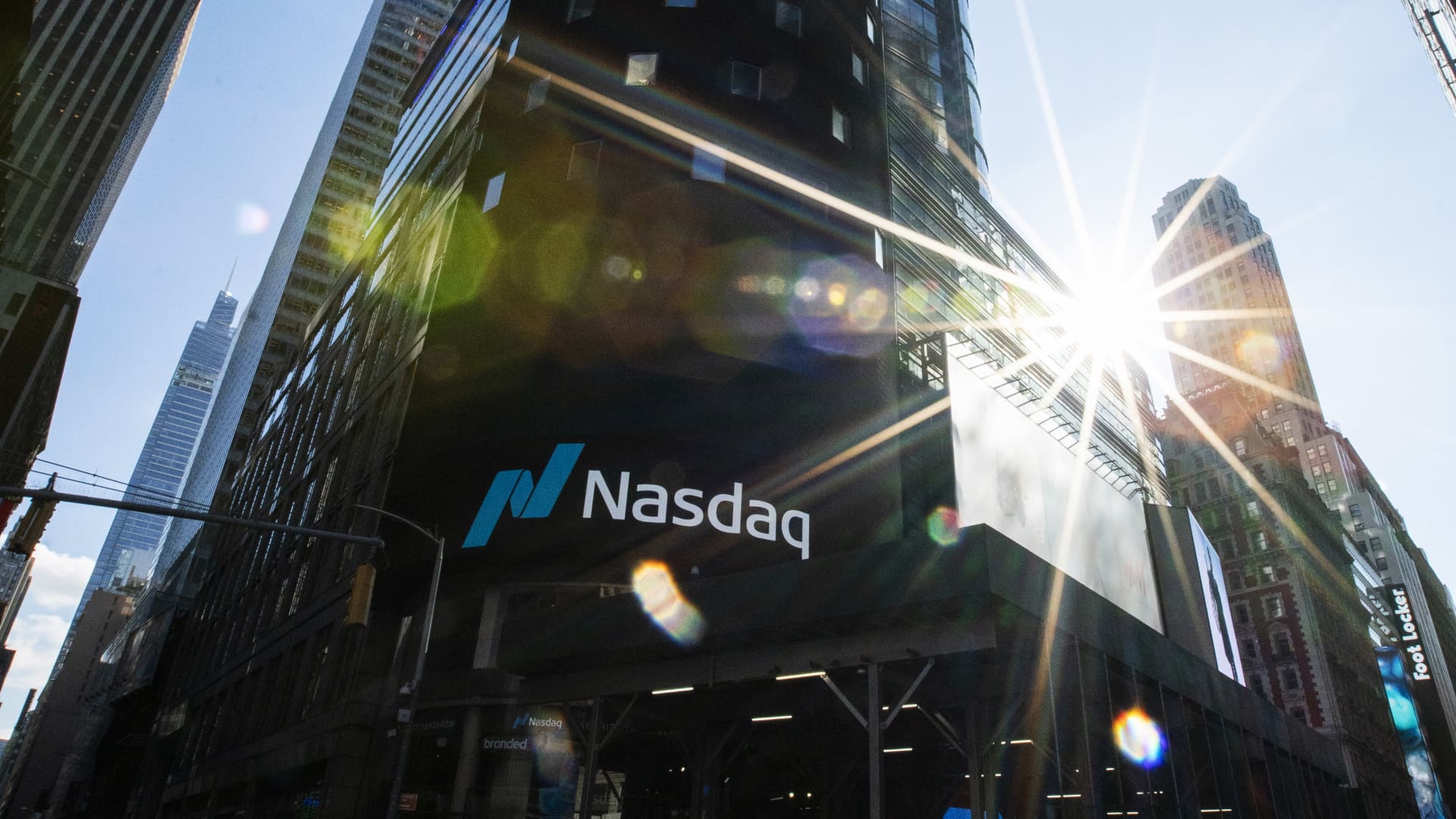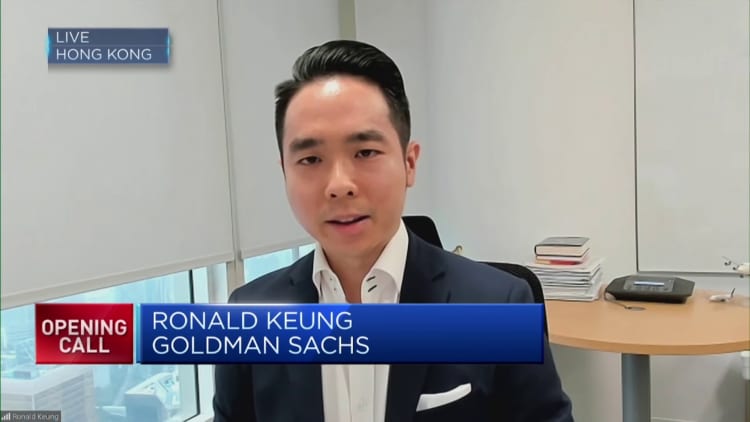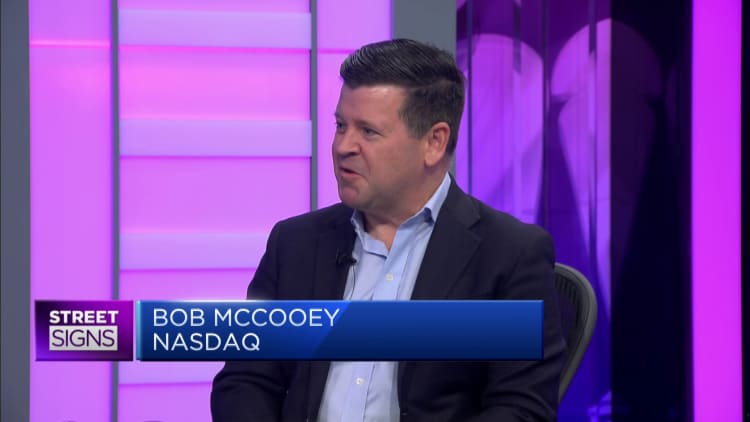
A handful of Chinese companies are starting to list again in the U.S.
Eduardo MunozAlvarez | Corbis News | Getty Images
BEIJING — Chinese startups are raising millions of dollars in U.S. stock market listings again, after a dry spell in the once-hot market.
Hesai Group, which sells “lidar” tech for self-driving cars, listed on the Nasdaq Thursday. Shares soared nearly 11% in the debut.
The company raised $190 million in its initial public offering, more than initial plans — and one of the largest listings since ride-hailing giant Didi raised $4.4 billion in its June 2021 IPO. That listing ran afoul of Chinese regulators, who ordered a cybersecurity review into Didi just days after its public listing. The company delisted later that year.
As of the end of 2022, only six China-based companies had issued American depositary receipts in U.S. IPOs since the Didi fallout, according to Wind Information. One of those companies was biotech company LianBio, which raised $334.5 million in Nov. 2021 — the largest to date since Didi’s listing, the data showed.
But the dry spell in Chinese IPOs in the U.S. is starting to end as firms get more regulatory clarity.

One new rule Chinese authorities announced requires internet platform operators with personal information of more than 1 million users to apply for a cybersecurity review before they can list overseas.
On the U.S. side, the Public Company Accounting Oversight Board (PCAOB) reached an agreement last year with China’s securities regulator and finance ministry to inspect the audit work papers of Chinese companies listed in the U.S.
The PCAOB said in mid-December it secured “complete access,” removing a near-term risk of forcing Chinese companies to delist from U.S. stock exchanges.
After the announcement, online adult education company QuantaSing became the first China-based company to list in the U.S., Wind data showed.
Major investment banks Citigroup, CICC and CLSA were among the underwriters for the IPO, which raised $40.6 million. QuantaSing’s backers included Prospect Avenue Capital and Qiming Venture Partners.
Qiming also backed the two other China-based companies that issued ADRs this year: biotech company Structure Therapeutics and Hesai.

Hesai stock this year
The three companies, which all listed on the Nasdaq, specified the level of risk from U.S. and Chinese regulators in their respective prospectus:
- Hesai, which sells tech to Chinese automaker Li Auto and U.S. companies, said it received written confirmation from China’s cybersecurity regulator that it would not need to apply for a cyber review if it didn’t have personal information of more than 1 million users.
- QuantaSing said it has such user information and completed a cybersecurity review in August 2022.
- Structure Therapeutics said it had not received any notice from Chinese regulators that would require the firm to undergo a cybersecurity review.
The companies said U.S. authorities may in the future determine they’re unable to complete reviews of audit work, putting the companies at risk of delisting.
If these first round of deals are successful in pricing, I would suspect it will open the floodgates.
Drew Bernstein
Co-Chairman, Marcum Asia CPAs LLP
Looking ahead, more Chinese companies are starting to prepare for listings in the U.S.
Drew Bernstein, co-chairman of audit firm Marcum Asia CPAs LLP, said Thursday his company is working with about 50 companies — mostly China-based — that plan to list in the U.S. It’s “probably the strongest pipeline our firm has had in its history,” he said.
“If these first round of deals are successful in pricing, I would suspect it will open the floodgates,” Bernstein said.
However, he expects it will take time for many IPOs to return to the market, especially since it’s still difficult for people to get visas and travel in and out of China.

